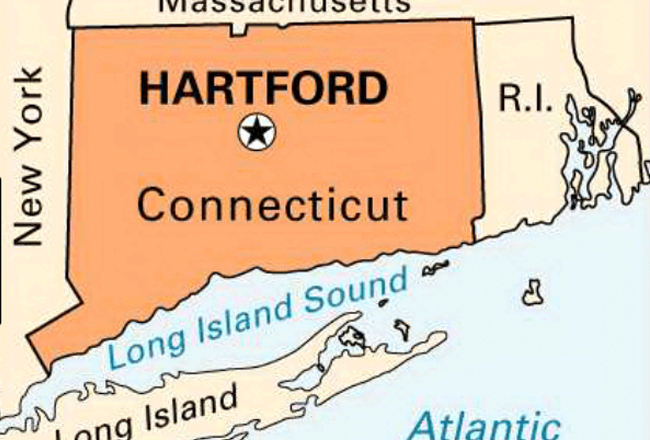A federal judge has declined to quash summonses against a Larchmont company that could have crucial information in an alleged $134 million fraud by Platinum Partners hedge fund.
 Washington National Insurance Co. had petitioned federal court in White Plains to compel Randall Katzenstein of New Rochelle and his Obex Group LLC of Larchmont to comply with summonses for documents.
Washington National Insurance Co. had petitioned federal court in White Plains to compel Randall Katzenstein of New Rochelle and his Obex Group LLC of Larchmont to comply with summonses for documents.
They asked the court to reconsider a previous ruling rejecting their motion to dismiss.
U.S. District Judge Vincent L. Briccetti ruled on Jan. 18 that their motion for reconsideration “is a thinly-veiled attempt to relitigate the motion to dismiss.”
They cited no new legal precedent or facts. Instead they “rehash old arguments and raise entirely new issues.” On that basis alone, he said, their motion for reconsideration is “groundless.”
The dispute traces back to a 2016 lawsuit. A Washington National affiliate accused Beechwood Capital Group of fraud and racketeering concerning $550 million in assets that Beechwood was supposed to invest and manage for the Platinum Partners hedge fund.
The lawsuit was moved to arbitration, where Washington National, based in Carmel, Indiana, is asking for at least $134 million in damages.
Katzenstein and Obex were not named as defendants in the arbitration case, but the insurance company wants their information about Beechwood”™s and Platinum”™s roles.
They produced nearly 15,000 documents for an arbitration hearing. Then Washington National obtained an email they had not produced, in which Katzenstein seemingly revealed a scheme by Platinum and Beechwood.
The American Arbitration Association issued summonses to Katzenstein and Obex to produce all documents concerning Beechwood, Platinum and 29 individuals, for an October hearing. When they did not show up for the hearing, Washington National petitioned federal court to enforce the summonses.
Platinum has been sued by the Securities and Exchange Commission and charged criminally by the U.S. Attorney’s Office in Brooklyn for securities fraud in an alleged $1 billion Ponzi-like scheme. The hedge fund was accused of defrauding prominent Orthodox Jewish families and institutions, in what has been described as the biggest such scheme since the Bernie Madoff fraud in 2008.
Katzenstein and Obex argued that the federal court in White Plains does not have jurisdiction over the arbitration matter. Last month, Briccetti denied their motion to dismiss the case.
They then asked the court to reconsider their arguments and to quash the summonses.
A motion to reconsider, Briccetti ruled, could be considered only if he had overlooked facts or legal precedent that might have altered his previous conclusion. They could not bring up new facts, issues or arguments.
“Mere disagreement with the court”™s decision,” he said, “is not a basis for reconsideration.”
Even if he could consider their new arguments, Briccetti said, they fail on the merits.
He ordered Katzenstein and Obex to comply with the summonses, and he closed the case.



















